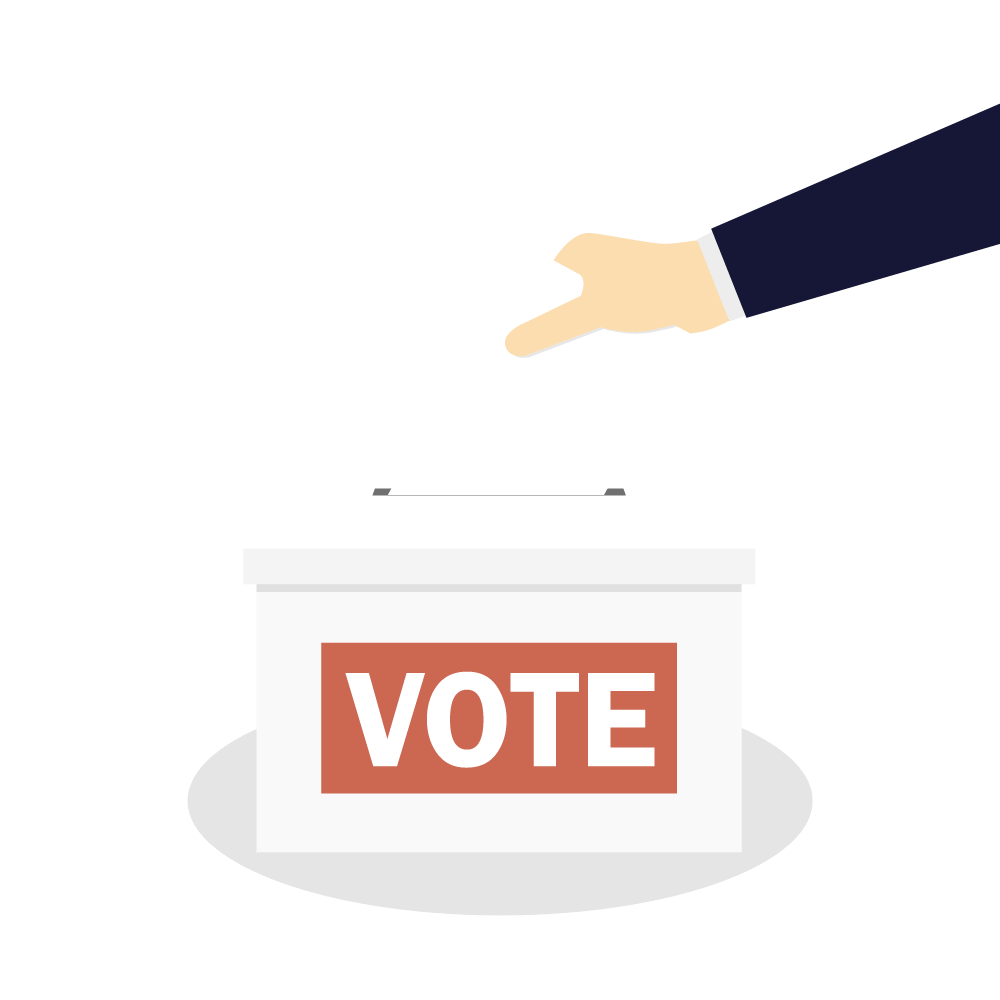

A General Election is the election in which federal and state officers, members of Congress and of the general assembly, county and township officers, and other officers appear on the ballot. General Elections are held the 1st Tuesday after the 1st Monday in November of each even-numbered year.
The Primary Election is an election to determine which candidates will qualify for the General Election for a given party. In Iowa you must be a member of the political party of which you wish to vote for in order to participate. This is known as a "closed primary." The primary election is held on the 1st Tuesday following the 1st Monday in June of each even-numbered year.
Beginning in 2019, School and City Elections will be combined and held in November of odd-numbered years. A City election is used to elect the Mayor and Council Members and any other elected city officials. A School Election is an election to select School Board members for school districts within Cedar County.
A Special Election is any election that is not regularly scheduled. A special election may be held for any purpose authorized or required by law; often to fill a vacancy or for a public measure.
Key Facts About Caucuses
The Iowa Caucuses are most commonly known for the role they play in selecting each political party's nominee for President (and Vice President). Iowa does not have a Presidential Primary Election. The political parties hold caucuses to determine delegates for the county, and ultimately, the district, state and national conventions. The parties' national conventions then select their parties' nominees for President and Vice President.
Under Iowa law, the Iowa Caucuses are the first event in the presidential nomination season in the country. The Caucuses are also held in non-presidential even numbered years and serve mainly for the purpose of selecting local party leadership and delegates to the party's conventions.